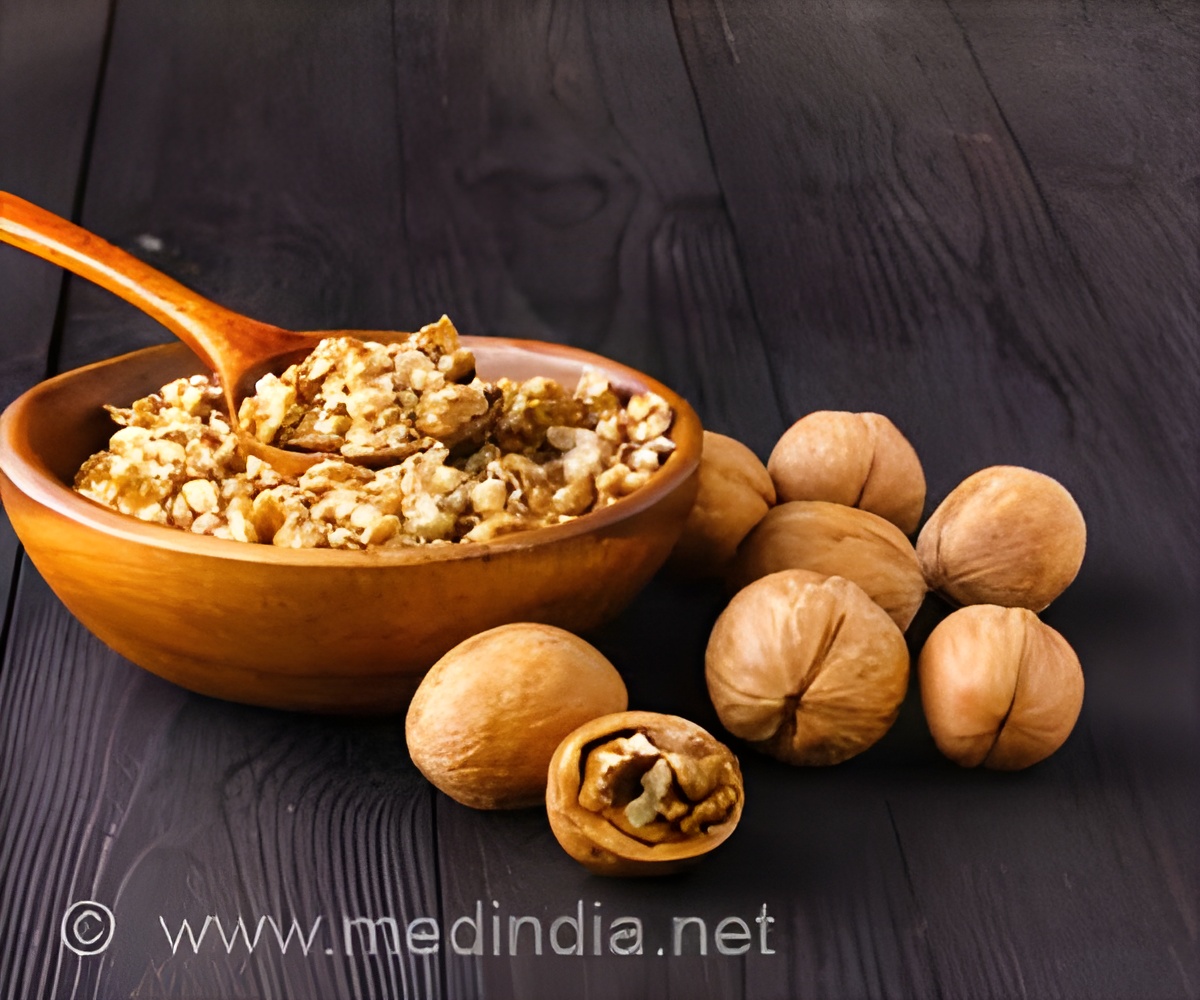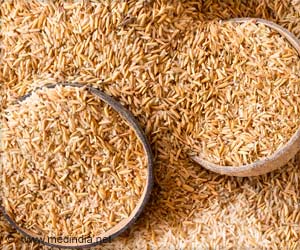Regular walnut consumption may reduce negative outcomes of H. pylori infection. Prevalence of H. pylori is most common in developing countries as it is generally related to socioeconomic status and hygienic conditions.

‘H. pylori infection is a major cause of ulcers in the stomach and small intestine as well as stomach cancer and peptic ulcer disease.’





Using mice models, researchers from the CHA Cancer Prevention Research Center in Korea found preliminary evidence that eating a diet rich in walnuts may help protect against negative outcomes associated with H. pylori infection. Specifically, the research found that walnut extracts, formed from whole walnuts, may help create protective proteins and anti-inflammatory actions in the gut that may safeguard against H. pylori infection and resulting cancer in mice. The study was supported by the California Walnut Commission.
Prevalence of H. pylori is most common in developing countries as it is generally related to socioeconomic status and hygienic conditions and is thought to be spread through person to person contact or even through food and water.
H. pylori infection is a major cause of ulcers in the stomach and small intestine as well as stomach cancer and peptic ulcer disease. While treatments are currently available, there are concerns about the bacteria's growing resistance to antibiotics.
Due to increasing challenges associated with antibiotic resistance, researchers have been investigating dietary and other non-bacterial approaches to improve impact from H. pylori infection, such as in this new study.
Advertisements
Animal studies are valuable for providing background information and can be used as a basis for future research in humans.
Advertisements
Source-Eurekalert










